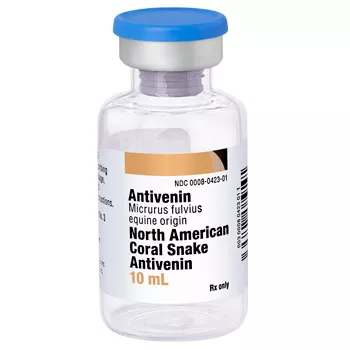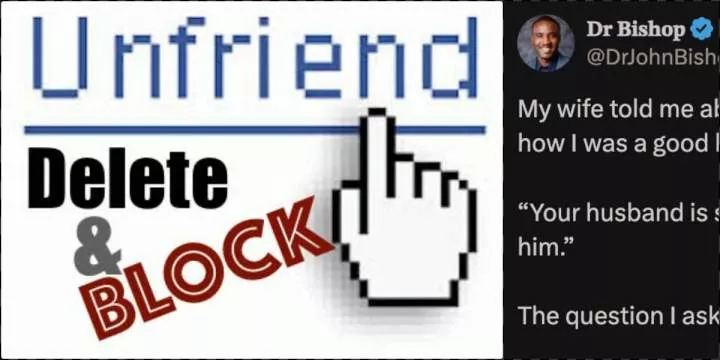![Should you suck the venom out of a snakebite? [myUpchar] Should you suck the venom out of a snakebite? [myUpchar]](https://static.netnaija.com/i/EQN2j4RxN6W.webp)
Does sucking out snake venom actually work?
Imagine you're on a hike, enjoying the fresh air, when suddenly you feel a sharp pain in your leg. You glance down and see two puncture marks - a snake!
At that moment, panic sets in, and you might remember something you saw in a movie: someone sucking the venom out of a snakebite. But hold on a second! This dramatic scene, though thrilling on screen, is actually a big no-no in real life.
So, will you die if you suck the venom out of a snakebite? The answer is no, but it definitely won't help, and it could even make things worse! Here's why:
1. Venom travels fast
Snake venom works quickly, entering your bloodstream within seconds. By the time you even think about sucking it out, it's already on its way throughout your body. Trying to suck it out wouldn't remove much, if any, venom.
2. Making matters worse
Sucking on a wound can actually introduce bacteria, which could lead to infection on top of the snakebite. It might also damage the wound further, slowing down healing.
3. Mouth injuries
If you have any cuts or sores in your mouth, the venom could enter your bloodstream, potentially poisoning you as well.
4. Not all bites are venomous
Many snakes, like some water snakes, are non-venomous. Sucking on a harmless bite might just irritate the wound unnecessarily.
What to do if you get bitten by a snake
Okay, so sucking the venom out is a no-go. But what should you do if you get bitten by a snake?
Here are the key steps to remember:
1. Stay calm: This might be tough, but panicking can raise your heart rate and spread the venom faster. Take a deep breath and focus on what you need to do.
2. Move away from the snake: Safely get yourself and others away from the snake to avoid further bites.
3. Identify the snake (if possible): If you can safely do so, try to remember what the snake looked like. This information can be crucial for doctors to determine the type of venom and the best course of treatment.
4. Call for help immediately: Don't waste time trying home remedies! Call emergency services or get someone to take you to the hospital as soon as possible.
5. Keep the bite calm: While waiting for help, try to keep the bitten area calm and below the level of your heart. This can help slow the spread of venom. Avoid applying ice or constricting the wound with a tourniquet - these can actually cause more harm than good.
Modern medical treatments
Hospitals treat snakebites primarily with antivenin, which is most effective when administered as soon as possible after the bite.

Antivenin helps neutralise the venom and prevent it from causing more damage. Also, doctors will monitor and treat symptoms such as swelling, pain, and other systemic effects caused by the venom.
















Comments